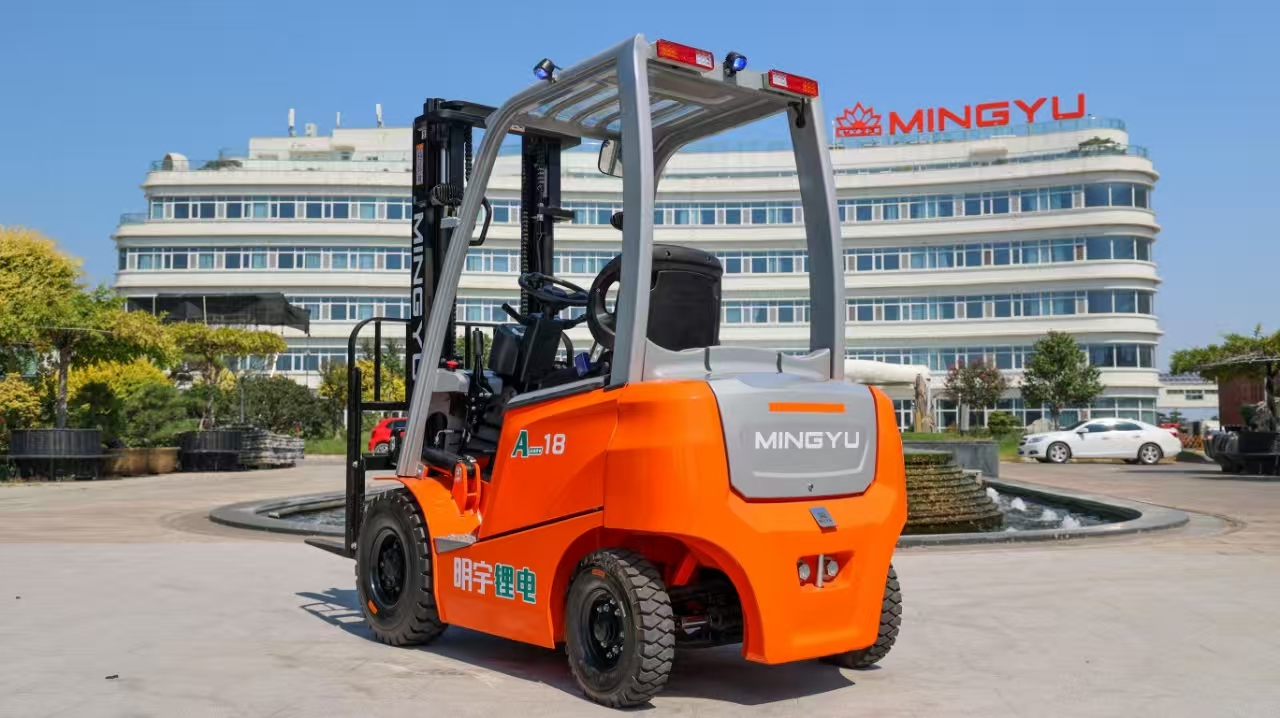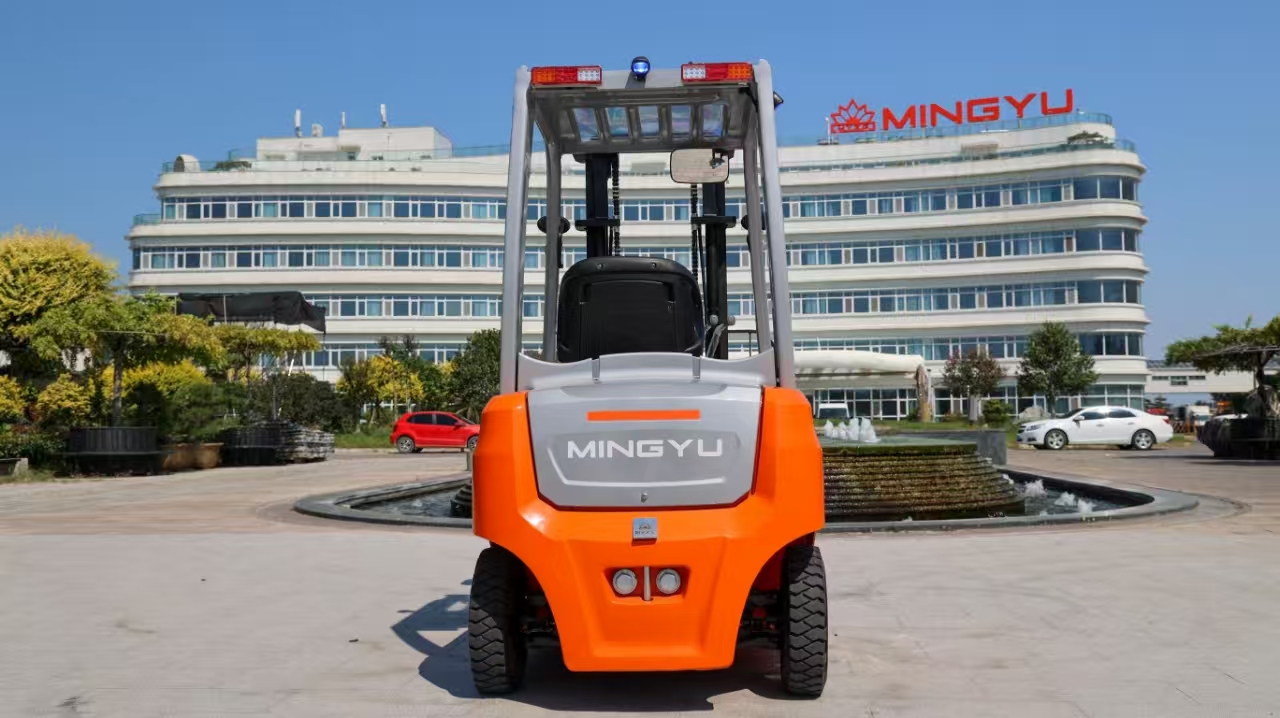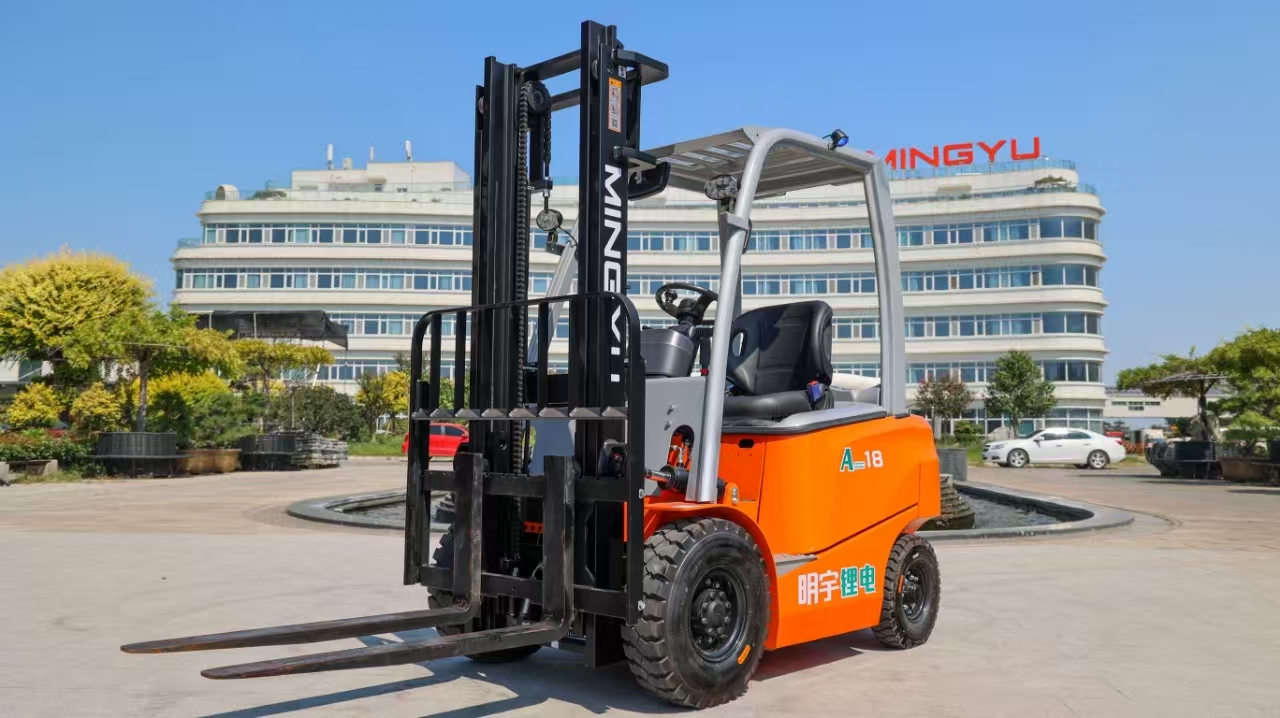Which Forklift Brands Are Most Reliable and How They Compare in Performance ?
1. Introduction In material handling and logistics, forklifts are indispensable. They play a pivotal role in warehouse operations, manufacturing, construction, and distribution. However, choosing the right forklift brand can significantly impact productivity, operational costs, and equipment longevity. Among the many options in the global market, a few stand out in terms of reliability and performance. This article aims to evaluate the most dependable forklift brands and compare how they perform under various working conditions. Understanding brand distinctions can help businesses make smarter, long-term investments in their equipment fleets.
2. Key Factors in Forklift Reliability Reliability in forklifts refers to how consistently the machine performs without failure. Key aspects include:
Durability: Forklifts must withstand harsh environments, heavy loads, and frequent use. High-quality components and construction materials determine lifespan.
Maintenance Frequency: Brands with better engineering require fewer repairs and maintenance, leading to reduced downtime.
Support and Warranty: A strong dealer network, comprehensive warranty coverage, and quick access to spare parts are essential.
User Feedback: Real-world testimonials and case studies often reveal recurring issues or praise-worthy traits in long-term usage.
3. Performance Metrics for Forklifts Beyond reliability, performance defines a forklift's effectiveness in completing tasks. Key performance metrics include:
Load Capacity: The maximum weight a forklift can safely handle.
Lift Height: Vertical reach plays a role in warehouse racking and stacking operations.
Fuel Efficiency: Important for cost management, especially in high-use environments. Electric forklifts excel here.
Maneuverability: Critical in tight warehouse spaces; influenced by turning radius and design.
Speed and Stability: A balance of fast operation and safe handling ensures high productivity without compromising safety.
4. Overview of Leading Forklift Brands Several brands dominate the forklift market due to years of innovation and customer satisfaction:
Toyota: Known for legendary reliability, Toyota forklifts often top global sales charts. They are praised for ergonomic design and fuel efficiency.
Linde (KION Group): A premium European brand focused on electric forklift innovation, hydrostatic drive systems, and smooth operation.
Hyster-Yale: U.S.-based manufacturer offering rugged machines with strong support networks. Hyster is favored in heavy-duty industrial applications.
Mitsubishi/UniCarriers: Combining Japanese engineering with global service, these brands offer dependable, no-nonsense machines.
Jungheinrich: Specializes in electric and warehouse equipment. High-tech features and energy-saving systems are their key strengths.
Komatsu: Renowned in construction, their forklifts offer strong frames, good balance, and long service lives.
Caterpillar (CAT): A well-known name in construction equipment, CAT forklifts are appreciated for power and durability.
5. Brand-by-Brand Comparison
Toyota vs. Linde: Toyota leads in simplicity and maintenance ease, while Linde offers superior ride quality and electric innovation. Linde suits high-tech warehouses, whereas Toyota excels in general use.
Hyster vs. Yale: Although both under the same parent company, Hyster leans toward rugged applications (construction, lumber), while Yale focuses more on ergonomics and lighter industry use.
Jungheinrich vs. Mitsubishi: Jungheinrich leads in automation and energy efficiency; Mitsubishi is preferred for affordable reliability in mixed-use settings.
Komatsu vs. CAT: Both offer durability, but Komatsu may edge out in long-term service life. CAT provides better power delivery for intensive applications.
Electric vs. Diesel: Brands differ in their focus. Jungheinrich, Linde, and Toyota dominate the electric space, while Hyster and CAT remain strong in diesel and LPG options.
6. Electric vs. Internal Combustion Forklifts Forklift performance also depends on the power source:
Electric Forklifts: Quieter, zero emissions, ideal for indoor use. Require charging infrastructure and have lower running costs.
Diesel/LPG Forklifts: Offer higher power output and longer run times. Suitable for outdoor or heavy-duty work. However, they are noisier and require more maintenance. Brands that lead in electric tech (e.g., Jungheinrich, Linde) continue to innovate in battery capacity and smart charging systems, while CAT and Hyster hold firm in combustion-powered models.
7. Conclusion and Recommendations In conclusion, the most reliable forklift brands include Toyota, Linde, Hyster, Jungheinrich, and Mitsubishi. Each brand brings unique advantages in durability, ease of maintenance, or cutting-edge tech. Choosing the right forklift depends on your specific application—indoor or outdoor, heavy-duty or light, electric or combustion-powered. Toyota and Jungheinrich are top choices for general reliability and energy efficiency, respectively. Meanwhile, Linde excels in high-tech warehouse environments, and Hyster leads in rugged durability. By considering your operational needs and long-term cost goals, you can select a forklift brand that ensures performance, reliability, and return on investment.
Post time:Jul.22.2025



